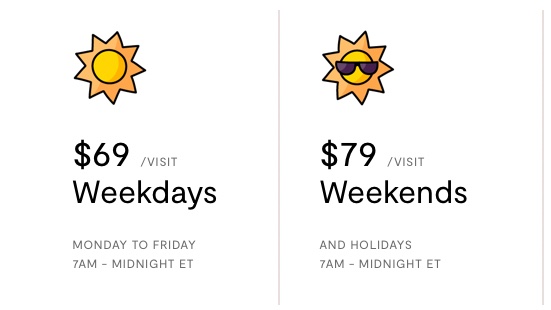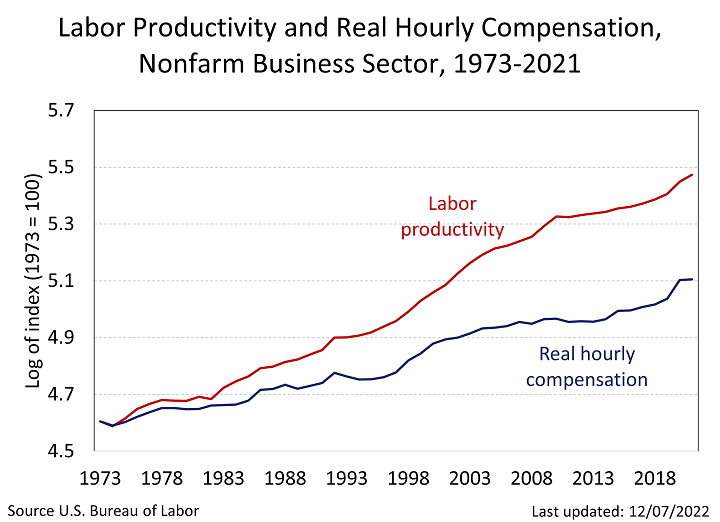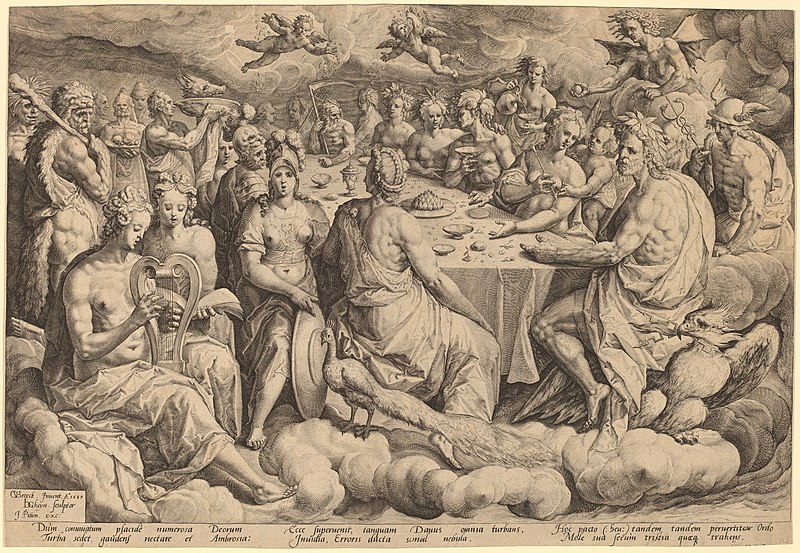So, as many readers know, I got cancer. (I’m fine. It’s treated, I won’t die of it (3% chance some years out), though I’m on hormone blockers (moderately nasty as an adult) for as much as another year.)
Anyway, I got cancer while Covid was on, so a lot of my visits were virtual, or just phone calls, unless they really required my physical presence. Three month followups: usually by phone. Faster for the doctor; faster for me, all good. But the last time I went in the waiting room was packed. I waited for hours, and the nurse apologized “the government won’t let us do followups by phone (or virtually) any more.”
Oh. Weird. Made no sense to me, but governments do stupid things all the time, and despite how I make my living I didn’t think about it much. (Doctor’s visits tend to focus my mind elsewhere.)
Ontario’s been in a deepening health care crisis for a couple decades at least. In a lot of cities, if you don’t have a family doctor, it’s essentially impossible to find one. If your current doc retires, too bad. Toronto, the largest city, is the worst. So lots of clinics sprung up, and you’d go to one of them when you got sick. They started offering virtual visits even before the pandemic.
All of this was covered by public health: you never paid for any of it. The provincial plan is called OHIP, and it’s still a sacred cow.
A spokesperson for the Deputy Premier and Minister of Health, Sylvia Jones, told CTV News Toronto, “It is against the law to charge for OHIP-covered services. If the ministry finds that a person has paid for an insured service or some component of an insured service, there is a mechanism in place for the ministry to ensure that the full amount of the payment is returned to that person. Ontarians who believe they have been charged for an insured service should contact the ministry by e-mail at protectpublichealthcare@ontario.ca or by phone (toll-free) at 1-888-662-6613.”
On Wednesday, Ontario Premier Doug Ford said he doesn’t want patients paying out of pocket for medical expenses.
“We also need to be clear, Ontarians will always access the healthcare they need with their OHIP card, never their credit card,” said Ford.
Sounds great, eh? The principle is that if it’s covered under the government plan physicians who take any money from the plan at all can’t charge: you’re either fully private or in the system. This is supposed to be true across Canada, and for a long time it almost always was. (Except in Quebec, where they use ethnic pride to allow extra lots of corruption. See “Brexit” for a recent high profile Anglo version of this.)
But about the same time I was sitting on my ass needlessly the Ford government in Ontario also changed another regulation: OHIP would no longer pay for virtual visits to clinics (or in a clinic with a telepresence doctor) if there hadn’t been a physical examination by that clinic or doctor in the last year.
THUD. People go to clinics because they don’t have a relationship with a family doctor. If they had a physical exam every year there’d be a relationship: that’s what family doctors do. Those “regular checkups”.
Have you seen the kicker?
If OHIP doesn’t cover it, then you can charge for it. Since virtual visits with doctors and clinics who haven’t phsycally examined you are not covered, they can be charged for.
Meanwhile, Galen Weston, probably the most influential and powerful Billionaire in Ontario, who owns both the most supermarkets (where he has clinics) and the biggest drug store chain (Shopper’s Drug Store, which he was allowed to buy a few years ago), had rolled out a virtual visit service. Don’t know how well it was doing, but I do know that the public health care line you call to be told what to do is now referring people to services like it.
It’s called Maple. Here’s the current pricing.

In my entire life I have literally never paid for a doctor’s visit. Not once. Not ever. Not even a virtual visit with an online clinic last year before this new regulation so I could renew some meds.
But this isn’t covered any more, so it’s legal.
And that’s one of the mechanics of stealth-privatizing healthcare.
Note that while it’s hard to get a family doctor, it’s a growing problem and most people still have them, so this is a boiling frog issue: a majority of people won’t be affected. Yet. And most people can afford $80. But this is how you do it, step by step.
And in a certain way, it’s a BIG step, because as I say, I’ve never paid. Neither have most Canadians. If I need healthcare I may have to wait sometimes (though usually not more than a couple hours), but it’s free.
This is a strike against that. You get people used to paying for some services and slowly expand which ones and pretty soon you’re paying for a lot more. Another similar step was to allow pharmacists to renew most prescriptions: but it isn’t a covered service and they can charge for it. Only $15, but I’ve never paid for a prescription in my life either. And phone renewals of prescriptions with doctors aren’t covered either, so most of them are now charging for them, though that’s been true for a while.
Step, by step. Meanwhile, under-fund the system, overwork doctors and nurses and technicians and make the quality of care worse and worse. Over decades don’t train enough doctors or nurses to start with, then use Covid to decrease supply even more and push doctors and nurses out of the public system into the private system where they don’t have to work 12 hour+ shifts over and over and aren’t expected to get Covid over and over. (In one previous visit three of the four radiation oncologists were out with Covid, another longer wait, because we refuse to ventilate, HEPA filter, use UV light and mandate N95 masks rather than cloth ones.)
I have quipped before that I’m very glad I got cancer now, because in 10 years I’m not sure I’d be able to get care. The system now is creaking, but it still more or less works if you’re really sick. But the real money in privatization is market pricing for the truly desperate, like people who have cancer.
One final point: these people make their fortunes, literally, by making you sick and making it more likely you die. That’s what they do. They are your enemies, wherever they are because anyone who is taking active steps which make it more likely for you to die, to not get healthcare you need or to become impoverished or homeless is your enemy if anyone is. We just pretend they aren’t our enemies, mortal enemies, in fact, because they operate through the system by the rules; rules they made.
More on that later.
The results of the work I do, like this article, are free, but food isn’t, so if you value my work, please DONATE or SUBSCRIBE.



